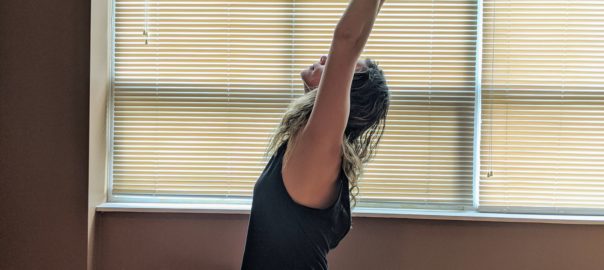Shoulder pain and injury can affect a persons life immensely.
You don’t always appreciate what your shoulders do on a daily basis until basic activities are affected.
Your shoulders are ball and socket joints. They are “made” more for mobility. We reach and grab things in all directions. We push and pull and press over head.
The joint is made more stable by the suction cup effect of the socket, the ligaments connecting the bones, the capsule as well as the strength and coordination of the surrounding muscles.
Frozen shoulder is also known as adhesive capsulitis. It can be quite painful and problematic for people due to the pain as well as the range of motion limitations. Frozen shoulder progresses through 3 phases and is often described as being “self-limiting”. While this is the case, range of motion loss, if not addressed can continue beyond.
The 3 phases have no specific timeline and vary depending on the person. They are considered to be the freezing / painful phase, frozen / adhesive phase and the thawing phase. Often there is no known underlying issue shown in imaging like a rotator cuff tear. This can be frustrating and confusing because the condition can be very painful and have a large impact on function.
People with diabetes or Parkinson’s disease have an increased likelihood of developing frozen shoulder. Experiencing a shoulder injury such as rotator cuff tendonitis, calcifications and impingements, or having your shoulder immobilized after an injury or surgery also places a person at higher risk for frozen shoulder.
Range of motion of the shoulder in frozen shoulder, like the name indicates, is limited actively and passively in all directions. Notably external rotation is often affected and painful.
It is best to have your physiotherapist and physician help you with this diagnosis and treatment plan. It’s helpful to have both on your team. For example, when appropriate the use of NSAIDs / anti-inflammatories are more effective when coupled with physio rather than NSAIDs on their own.
There is a lot of information and opinions to sort through online and as always through loved ones. Your physio will work with you as an individual to formulate a treatment plan with you. This is based on how your shoulder is presenting, and what your goals are. Working with a Registered Massage Therapist (RMT) over this time can also be a helpful adjunct as muscles in the neck and around the shoulder blade and upper back can become stiff and sore.
Contact us to book in an assessment with one of our North Oakville Physiotherapists or RMTs. We are able to provide in person physio assessment and treatment as well as virtual physio anywhere over Ontario.



